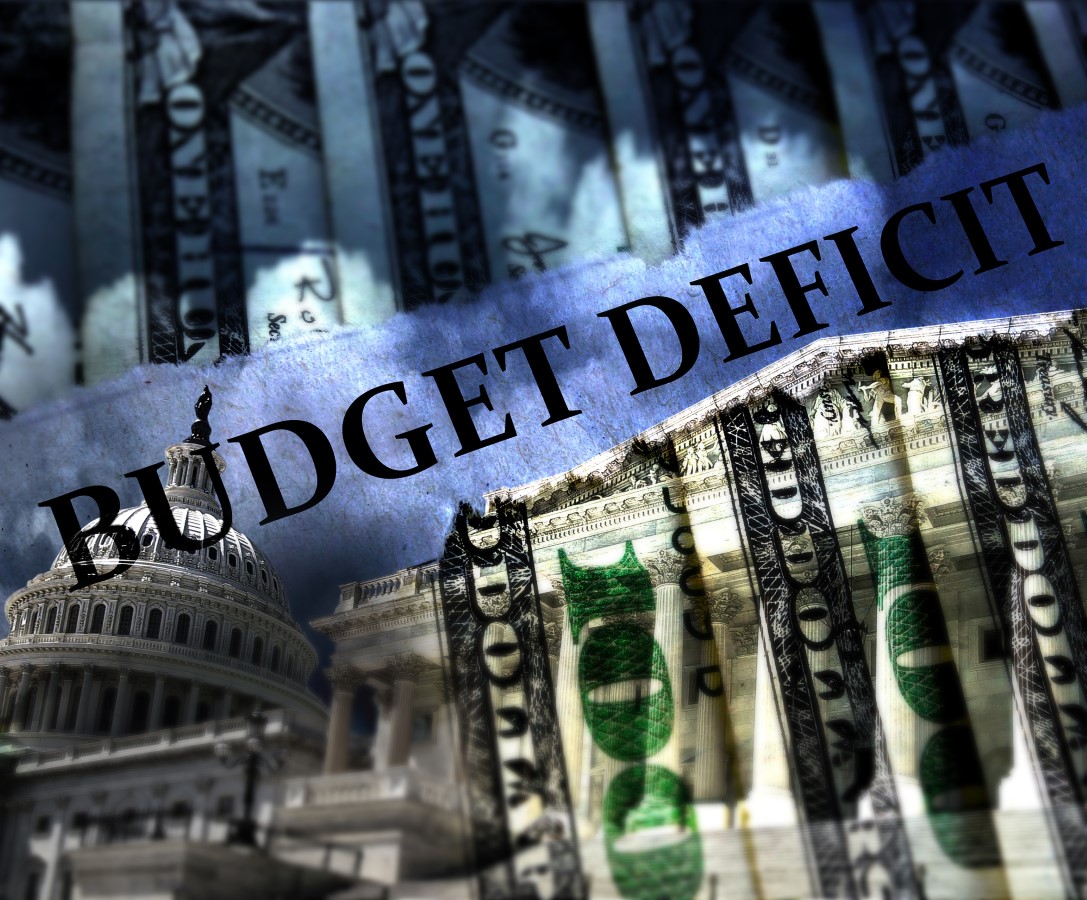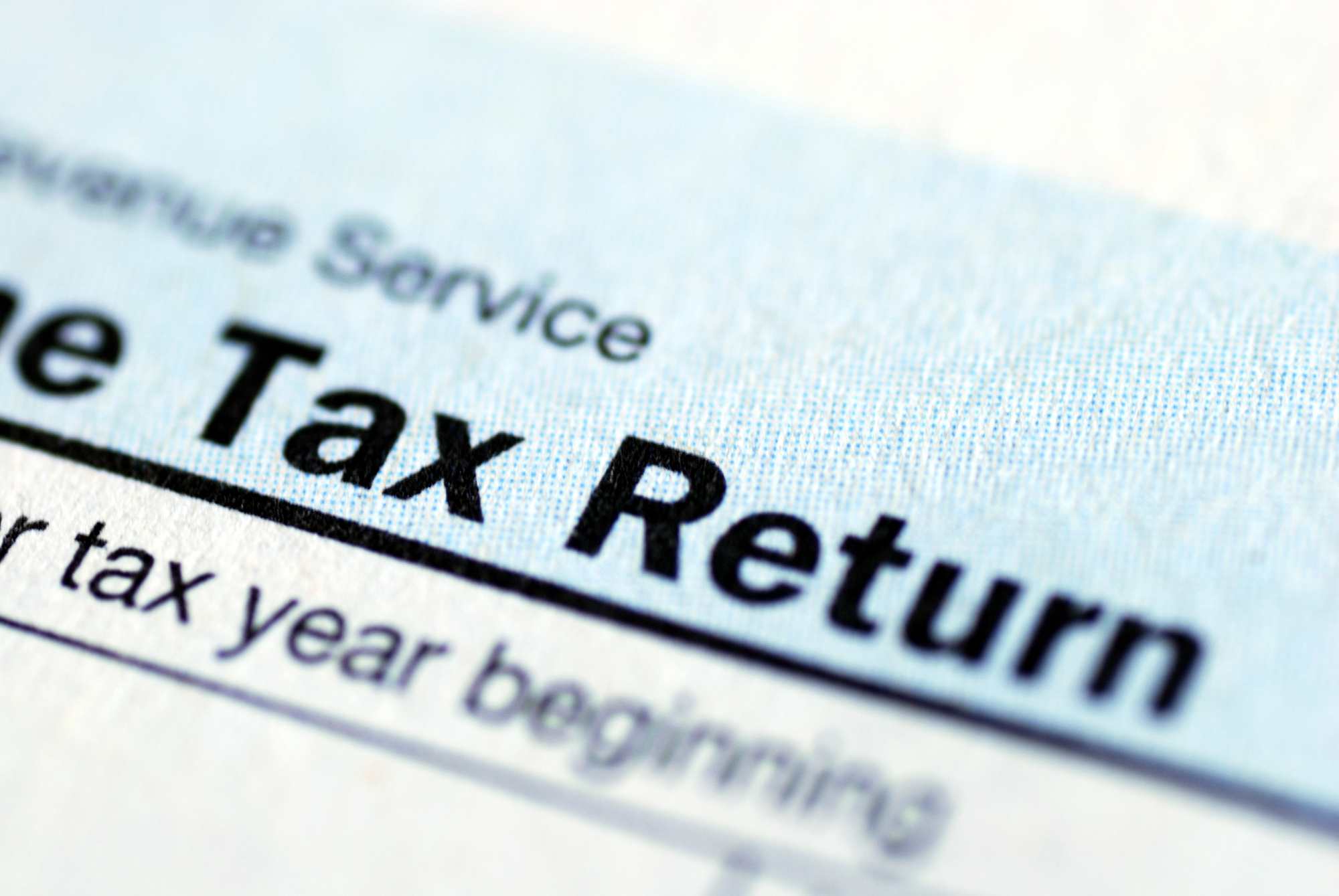Billions At Risk If Supreme Court Rules Against Trump Tariffs, White House Eyes Backup Plans – Financial Freedom Countdown
The Treasury Department has quietly acknowledged that if the Supreme Court rules against the Trump administration, Washington may be forced to refund nearly half of the tariffs collected so far.
That amounts to tens of billions of dollars already paid by importers, potentially creating one of the largest court-mandated fiscal reversals in modern U.S. history.
A Supreme Court Showdown Over Trump’s Trade Authority

At the heart of the dispute is whether former President Donald Trump overstepped his authority under trade law when he imposed sweeping tariffs without additional congressional approval.
A federal appeals court has already cast doubt on the administration’s legal footing, setting the stage for the Supreme Court to decide.
The U.S. Court of Appeals for the Federal Circuit ruled 7-4 that Trump misused emergency powers to impose tariffs that were “unbounded in scope, amount, and duration.” Judges concluded that the International Emergency Economic Powers Act (IEEPA) was never intended to grant presidents sweeping authority to impose across-the-board duties on trading partners.
The ruling upheld an earlier decision by the U.S. Court of International Trade, which had also found Trump’s global tariffs unlawful. The appeals court, however, delayed enforcement until October 14, giving the administration time to appeal to the Supreme Court.
The stakes are immense: if the high court agrees with lower courts, the tariff system that has defined U.S. trade policy for years could collapse overnight.
Tariffs Declared a Congressional Power

The majority opinion in the Appeals Court verdict stressed that the Constitution gives Congress; and only Congress, the authority to impose taxes, including tariffs. “Tariffs are a core Congressional power,” the ruling said, reaffirming one of the nation’s oldest constitutional boundaries on executive authority.
S&P Global Warns Credit Rating Hinges on Tariffs

Credit rating agencies are now openly linking America’s fiscal stability to tariff income. S&P Global reaffirmed the nation’s AA+ credit rating last week, noting that “robust tariff revenue” has become a reliable offset to widening deficits caused by tax cuts and spending increases.
Should that stream vanish, the U.S. debt outlook could darken quickly; raising borrowing costs just as interest payments already consume a growing share of the federal budget.
Billions in Refunds Would Deepen the Deficit

Refunding importers would not just erase years of tariff gains; it would also deepen the federal deficit at a moment when Washington is already under fiscal stress.
Analysts warn that the Treasury could face simultaneous pressures: refunding billions while also issuing more debt to cover routine spending obligations.
That double blow could rattle investors, spook bond markets, and complicate the government’s borrowing strategy.
White House Scrambles for Backup Plans

The Trump White House is not waiting idly.
Officials are reportedly exploring alternative ways to preserve elements of Trump’s tariff regime even if the Supreme Court rules against it.
Even without IEEPA, Trump has other tools.
Section 232 of the 1962 Trade Expansion Act and Section 301 of the 1974 Trade Act allow for targeted tariffs on national security or unfair trade grounds.
There is also a never-before-used trade law, Section 338 of the Trade Act of 1930, which allows the president to impose tariffs of up to 50% on imports from countries.
But these laws are narrower in scope and may not replicate the broad $4 trillion savings the CBO highlighted.
What Bessent Says

Trump adviser and Treasury Secretary Scott Bessent has highlighted how deeply intertwined tariff revenue now is with America’s fiscal picture.
By his estimates, as much as half of collected tariffs could be subject to refund if courts rule against the government.
“We would have to give a refund on about half the tariffs, which would be terrible for the Treasury,” Bessent said during an appearance on NBC News’ “Meet the Press.” He added that, “If the court says it, we’d have to do it.”
That prospect, he argues, would not only blow a hole in the deficit but also shake confidence in America’s fiscal management at a fragile moment for the economy.
Billions Flowing Into Treasury Each Month

Tariffs have quickly become one of Washington’s fastest-growing revenue streams.
The administration touts them as proof that Trump’s trade policy is helping fund the government while reducing reliance on borrowing. If the courts invalidate the levies, that income could vanish almost overnight.
The Political Stakes Ahead

For President Trump, who has tied much of his second-term agenda to tariffs, the legal battle strikes at the core of his economic program.
For Democrats, the fight exposes the trade-offs of relying on a legally contested revenue source to plug budget holes.
Both parties now face the uncomfortable reality that America’s credit rating and its borrowing costs may hinge on a single Supreme Court decision.
Administration Warns Of Social Security And Medicare Impacts

Fortune reported that earlier this month, Solicitor General D. John Sauer and Assistant Attorney General Brett Shumate sent at letter to the court warning of an apocalyptic doomsday outcome if the tariffs were struck down.
“In such a scenario, people would be forced from their homes, millions of jobs would be eliminated, hardworking Americans would lose their savings, and even Social Security and Medicare could be threatened,” they wrote. “In short, the economic consequences would be ruinous, instead of unprecedented success.”
Investors, Creditors, and Taxpayers All Watching Closely

Wall Street investors, foreign creditors, and ordinary taxpayers are all keeping a close eye on the unfolding fight.
A refund of half the tariffs would send money back to importers, not households, undercutting any political win from the payments.
Meanwhile, higher borrowing costs or a potential downgrade could affect mortgage rates, credit card interest, and the broader economy.
America’s Fiscal Outlook Rests on the Court

The case is about more than trade policy.
It’s about whether a legal technicality could unravel one of Washington’s few reliable revenue streams, with consequences for deficits, credit ratings, and global perceptions of U.S. fiscal stability.
Bessent said on Sunday that he is “confident” the Trump administration will win at the Supreme Court.
The Supreme Court’s ruling, expected soon, could reshape not only trade policy but also the government’s balance sheet for years to come.
Like Financial Freedom Countdown content? Be sure to follow us!
Trump’s $25,000 ‘No Tax on Tips’ Deduction Covers Bartenders, Babysitters and 66 More Jobs

President Donald Trump’s “big beautiful bill” has made waves with a new tax break: a “no tax on tips” deduction worth up to $25,000 per year. The U.S. Treasury has now released a preliminary list of 68 jobs that may qualify. The deduction runs from 2025 through 2028 and could reshape the financial outlook for millions of service workers. But it also comes with strict limits, phase-outs, and unanswered questions.
Trump’s $25,000 ‘No Tax on Tips’ Deduction Covers Bartenders, Babysitters and 66 More Jobs
Millions Could See Bigger Tax Refunds in 2026 Under Trump’s One Big Beautiful Bill

The IRS has confirmed that withholding tables and W‑2 reporting forms will remain unchanged for 2025. That means taxpayers will continue paying taxes on tips, overtime, and other income throughout the year; but when they file their 2025 returns in 2026, they could see significantly larger refunds thanks to President Trump’s One Big Beautiful Bill Act (OBBBA).
Millions Could See Bigger Tax Refunds in 2026 Under Trump’s One Big Beautiful Bill

Did you find this article helpful? We’d love to hear your thoughts! Leave a comment with the box on the left-hand side of the screen and share your thoughts.
Also, do you want to stay up-to-date on our latest content?
1. Follow us by clicking the [+ Follow] button above,
2. Give the article a Thumbs Up on the top-left side of the screen.
3. And lastly, if you think this information would benefit your friends and family, don’t hesitate to share it with them!

John Dealbreuin came from a third world country to the US with only $1,000 not knowing anyone; guided by an immigrant dream. In 12 years, he achieved his retirement number.
He started Financial Freedom Countdown to help everyone think differently about their financial challenges and live their best lives. John resides in the San Francisco Bay Area enjoying nature trails and weight training.
Here are his recommended tools
Personal Capital: This is a free tool John uses to track his net worth on a regular basis and as a retirement planner. It also alerts him wrt hidden fees and has a budget tracker included.
Platforms like Yieldstreet provide investment options in art, legal, real estate, structured notes, venture capital, etc. They also have fixed-income portfolios spread across multiple asset classes with a single investment with low minimums of $10,000.